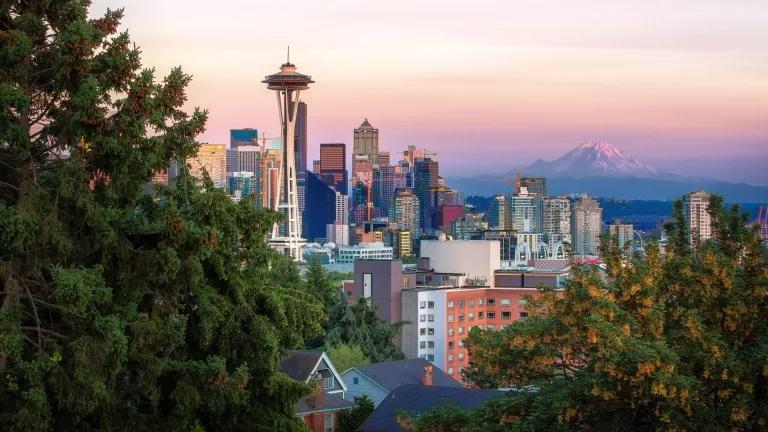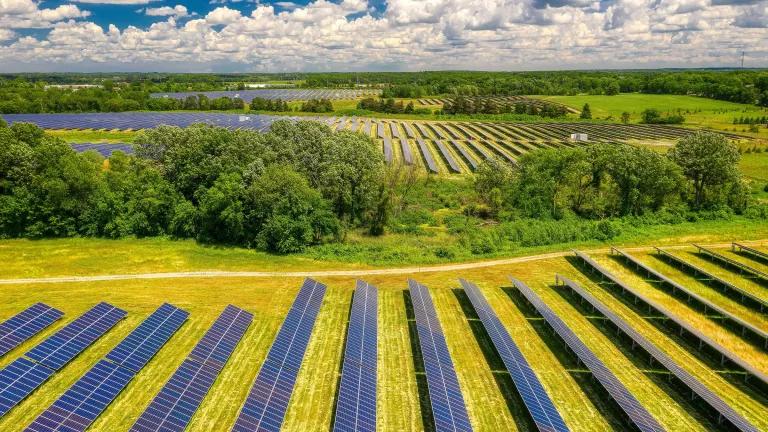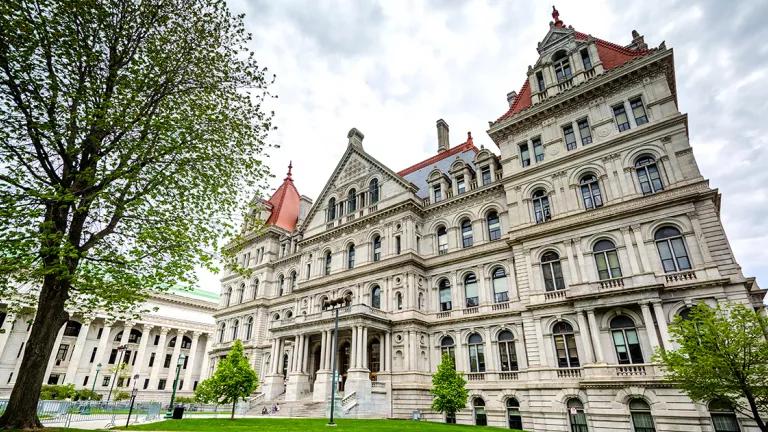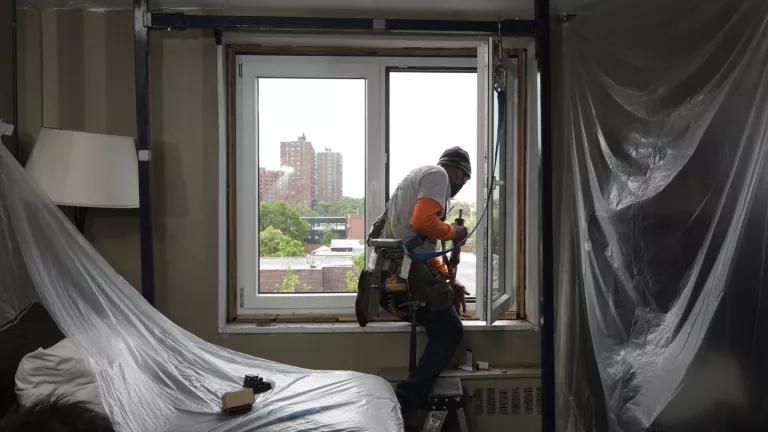Washington on the Verge of “Cleanest Homes in the Nation”
The Washington State Building Code Council is poised to extend requirements that all new residential buildings must use high efficiency space and water heating equipment that can run on 100% clean power.

The State of Washington continues to take bold steps toward clean and healthy new buildings this year. After adopting a requirement that all new commercial buildings must use high efficiency space and water heating equipment that can run on 100% clean power, the State Building Code Council is poised to extend similar requirements to new residential buildings. Once this policy is adopted, every new home built in Washington starting in 2023 will have the capabilities to maintain comfortable temperatures year-round affordably and without burning harmful fossil fuels on-site.
Why Do Buildings Matter?
More than 10% of the fossil fuels used in Washington are burned directly inside homes and buildings. Not only are these fossil fuels a significant source of climate-warming pollution, but when we cook on gas stoves or when our gas furnaces and water heaters are improperly vented—they threaten the health of our families. Children who live in a home with a gas stove have a higher risk of experiencing current asthma symptoms, found a peer reviewed study published in the Journal of Epidemiology.
There are free and low-cost things you can do today to reduce the risks from this fossil fuel pollution inside our homes. For example, using a properly installed vent hood or opening kitchen windows while cooking can really reduce the amount of toxic air pollution from cooking with gas. Another option is to purchase an inexpensive plug-in induction burner to do some of the cooking (e.g. to quickly boil water) without having to turn on the gas burners.
But these individual actions will only get us so far. We need policy to help everyone eliminate the pollution harming our families, communities, and climate. This is where Washington’s proposed code for new residential buildings comes in.
How Does the Proposed Washington Policy Help Fix the Problem?
The proposed building code increases ventilation requirements for gas stoves. It also requires that all space heating be provided by ultra-efficient electric heat pump systems that can run on 100% clean power (with limited exceptions for electric resistance and fossil fuel back up in very cold climates). Finally, it requires that all single and two-family homes and townhomes be outfitted with similarly efficient and clean heat pump water heating systems.
These requirements will only apply to new homes, where building all-electric from the start is already more affordable and results in lower energy bills far into the future. Alterations and heating equipment replacements in existing homes will not be affected. We know that burning fossil fuels in homes harms our climate and our health and safety, and that we must transition to cleaner and more affordable energy sources for every building in the state—including new and existing homes. We also know that retrofitting existing homes is a more involved process that will require different kinds of policy support to ensure everyone benefits from the transition to cleaner homes.
Together with a similar policy that was overwhelmingly approved for commercial buildings earlier this year, this new residential code would ensure that virtually all buildings constructed in Washington as of January 1st, 2023 are ready to meet the state’s ambitious but necessary building decarbonization goals. The first step of getting out of a hole is to stop digging. These new codes do just that for climate-warming emissions from buildings in Washington. We can now turn to reducing emissions from all the other buildings that are already standing.




